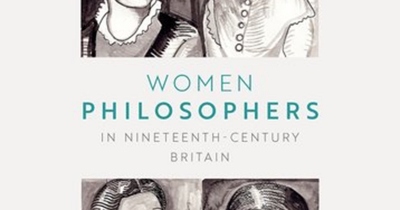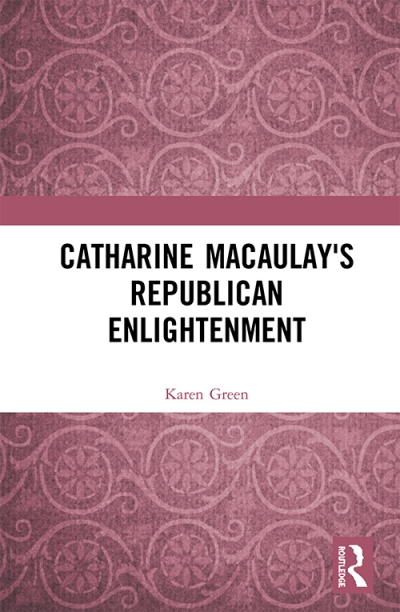Karen Green
A Terribly Serious Adventure: Philosophy and war at Oxford 1900–1960 by Nikhil Krishnan
by Karen Green •
Women Philosophers in Nineteenth-Century Britain by Alison Stone
by Karen Green •
Catharine Macaulay’s Republican Enlightenment by Karen Green
by Janna Thompson •



